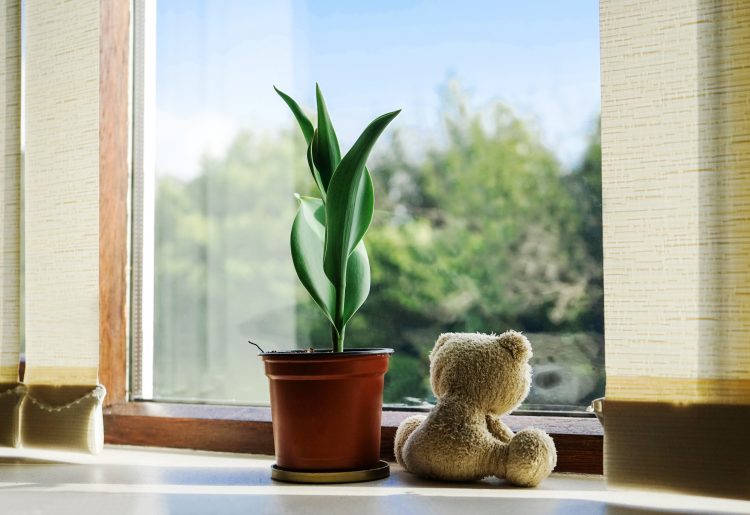Waking Up Feeling Groggy? Poor Air Quality Could Be To Blame
Air quality is another important factor which plays a role in how well you sleep. Research done by the Harvard School of Public Health found the risk of sleep disorders was increased by substandard air quality. This means that the fresher the air in your bedroom, the fresher you’ll feel in the morning!
Indoor air quality can be affected by all sort of factors. Having thick carpets increases dust build-up, and all electrical appliances give off small levels of pollution that accumulate over time. High levels of humidity can cause the air to feel thick and stuffy, and having pets in the room can leave behind skin, hair and dirt particles. Due to these and other factors, indoor air can be up to 70 times more polluted than the air outside.
It’s no wonder that breathing polluted air can have a negative impact on our sleep. That’s why it’s very important to maintain a clean room as much as possible. Regularly vacuum any carpets and routinely dust all surfaces, even those you cannot directly see. These hidden areas will harbour large amounts of dust which can lead to lower air quality.
There are several other ways in which you can easily improve the air quality of your bedroom, or any living space for that matter. The simplest of these is just to open the window, fresh air from the outside circulate throughout your room. This is a great option as it requires minimal effort and costs nothing.
Unfortunately, if you sleep on the ground floor this may not be a comfortable choice for obvious security reasons. This might also be less appealing in winter months, as it will also drastically cool down your room. Therefore, it might be worth considering some of these other options as well.
Purifiers Can Drastically Improve Air Quality
Keeping indoor plants is one way to naturally improve your air quality. Plants can absorb many pollutants from the air, and provide a more oxygen-rich environment. Not only are they great for tackling poor air quality, but it has been found that indoor plants can have a calming and stress-relieving effect on those around them. This makes them an ideal addition to any bedroom, just be sure to choose safe, non-poisonous varieties.
There are also some natural air filters which can be used to help to purify the air indoors. Lighting pure beeswax candles is one such example. They clean the air by releasing negative ions, which bind with toxins to remove them. However for safety reasons, make sure that you don’t leave a candle buring when you go to sleep. Using natural salt lamps also has the same effect, with the negative ions removing allergens such as smoke, pet dander and pollen, while also providing a comforting glow.
There are also air purifiers available which you simply plug in and they will begin filtering the air of pollutants and allergens to create a cleaner environment. There are many such purifiers available on the market, so check out the purifiers recommended by Which? by clicking here.
Last of all, a dehumidifier is a great way of creating the drier environment which is more conducive to great sleep if your bedroom is particularly humid. They are also especially worthwhile if you suffer from asthma, as damp air can aggravate the lungs and make it harder to breather. This is a common cause of people waking up in the night, particularly those with asthma. Check out the dehumidifiers recommended by Which? by clicking here.
